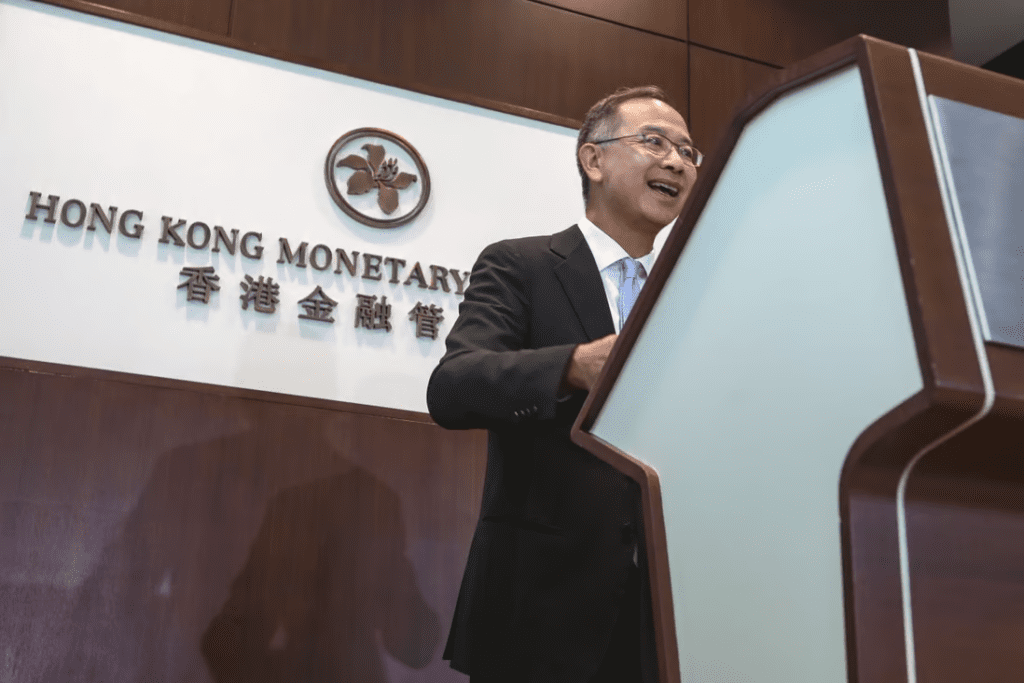Key Points:
- The United States lacked clear regulatory requirements for virtual assets in the past while Singapore and Dubai had regulations on certain virtual currencies, such as anti-money laundering.
- Hong Kong has moved from strict regulations that were close to prohibition to clear regulations to reduce regulatory arbitrage caused by different standards in different regions.
Yue Wai-man, HKMA President, discusses US crypto regulation and Hong Kong’s relaxed stance. HK has moved from strict to clear regulations to reduce regional arbitrage.

Yue Wai-man, the President of the Hong Kong Monetary Authority, recently commented on the United States’ strengthened cryptocurrency regulations and Hong Kong’s relaxed stance. According to Yue, the United States lacked clear regulatory requirements for virtual assets in the past, while Singapore and Dubai had regulations on certain virtual currencies, such as anti-money laundering. After learning from the experiences of other places, such as the collapse of FTX, Hong Kong has gradually opened up from its strict standards and implemented clear regulations.
Yue also pointed out that Hong Kong had previously imposed strict regulations that were close to prohibition but is now moving towards consistent regulatory levels across various regions. This approach aims to reduce regulatory arbitrage caused by different standards in different regions in the future.
It was rumored that the Hong Kong Monetary Authority questioned why many large banks in Hong Kong did not accept opening accounts for virtual asset exchanges. Yu Weiwen, an official from the authority, responded that the authorities have always communicated with the banks. However, virtual assets are still a new project, and the banking regulatory framework and operational requirements have always been aimed at traditional financial businesses.
Therefore, the industry must constantly update its understanding and clarify its regulatory expectations with the authorities. Once a financial institution is licensed, its operations are reviewed by regulatory agencies, and the authorities have anti-money laundering and customer account verification requirements for banks. Banks must follow the principle of “risk-based” and review each customer individually. The program then decides whether to open an account or not.
DISCLAIMER: The information on this website is provided as general market commentary and does not constitute investment advice. We encourage you to do your own research before investing.
Join us to keep track of news: https://linktr.ee/coincu
Thana
Coincu News























